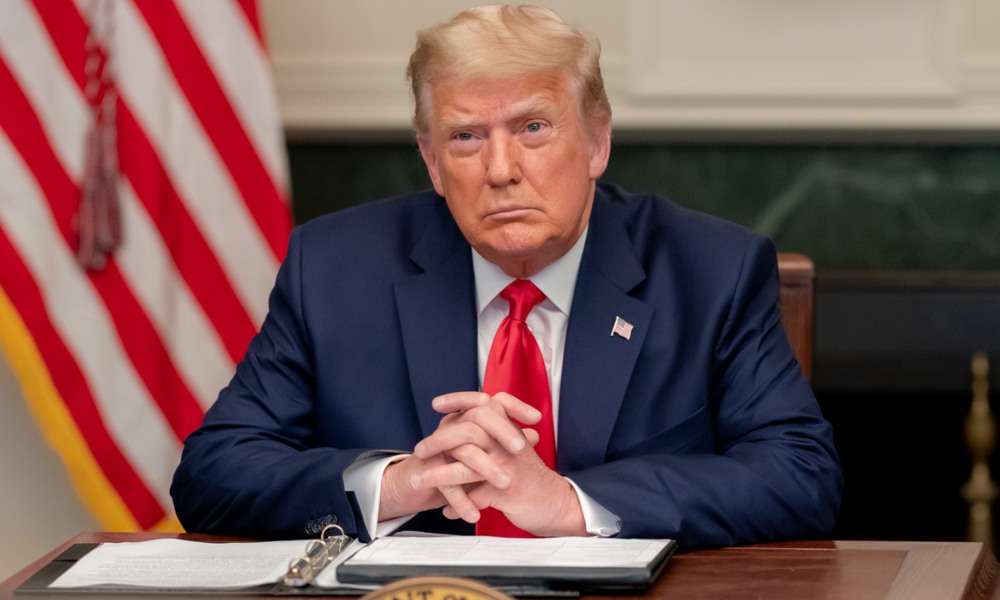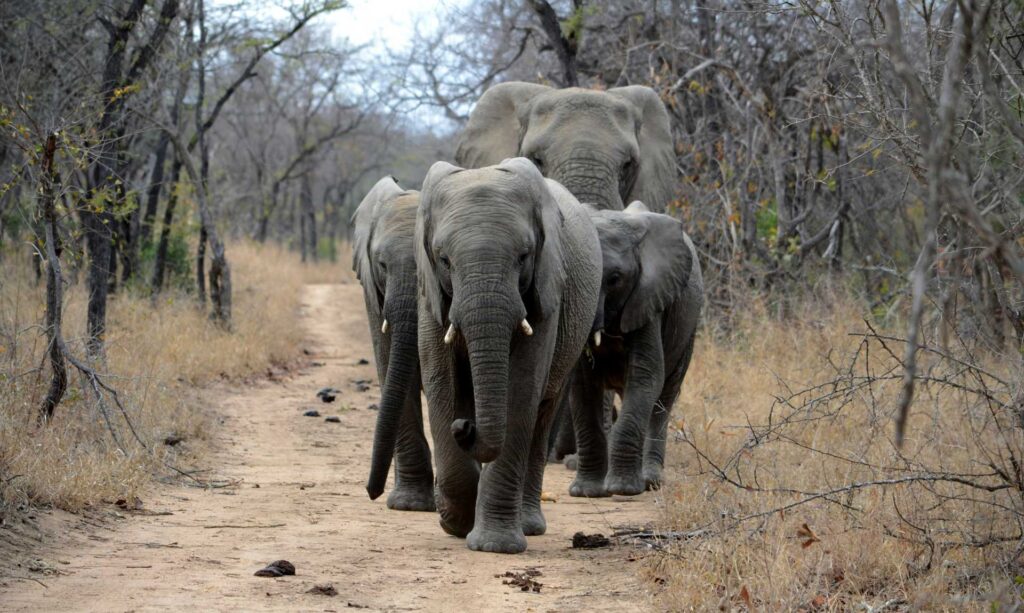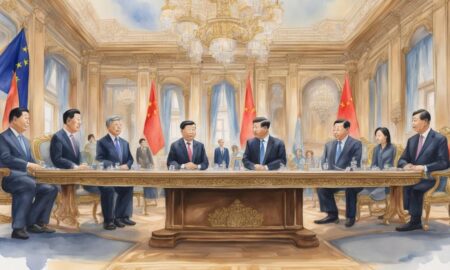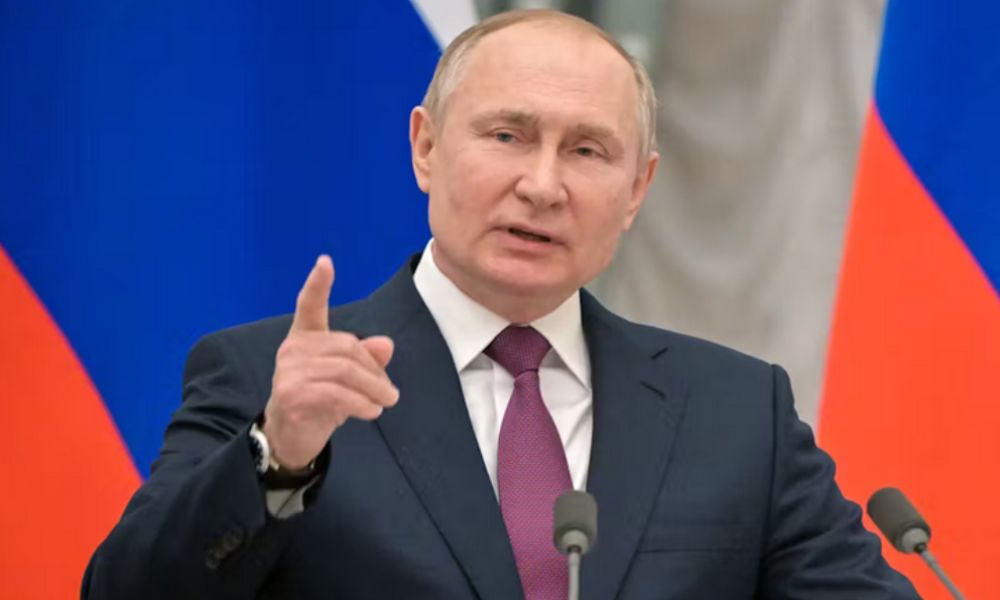Botswana’s president had a tongue-in-cheek suggestion for Germany – take some of our extra elephants! In a recent interview, President Masisi joked about shipping 20,000 elephants to help Germany experience the struggles of protecting so many of the massive animals. Why did he make this playful offer?
Key Points:
- Botswana has over 130,000 elephants, the world’s largest population
- The president suggested sending thousands to Germany as a joke
- But he’s serious about the challenges of managing so many elephants
- He wants Germans to understand Botswana’s conservation efforts
Growing Elephant Population Causes Headaches
Botswana is home to around 130,000 elephants, over a third of Africa’s total population. While many countries face dwindling elephant numbers, Botswana’s herd has overgrown thanks to intense conservation efforts. The booming population puts pressure on the country’s limited habitats and resources.
President Masisi explained some of the critical challenges his nation faces:
- 40% of Botswana’s total land is set aside for wildlife conservation areas
- During droughts, the government must provide water sources for the thirsty elephants
- Protecting elephants from poachers and keeping them disease-free is costly
- As elephant numbers grow, human-wildlife conflicts increase when they stray into populated areas
“We are paying the price for preserving these animals for the world,” Masisi stated. He wants Europeans to understand the real-life sacrifices involved.
Debate Over Hunting and Trophies
Part of Botswana’s elephant management plan involves limited, regulated trophy hunting. Selling hunting permits raises funds for conservation while keeping elephant numbers in check.
However, the European Union recently considered restricting or banning imports of hunting trophies involving endangered species like elephants. This angered President Masisi, who believes outsiders don’t grasp Botswana’s situation.
“They are able to come and collect the elephants,” he remarked. “I want the Germans to feel what we feel and experience what we do.”
Masisi argues that countries that disapprove of trophy hunting yet have no elephant populations themselves lack the full context. He claims they let emotions get in the way of logical policy decisions.
Seeking Fair Solutions
Ultimately, Masisi hopes for more open dialogue to find reasonable, sustainable solutions that respect both conservation and human needs.
“Stop this trade barrier and stop this complex sanctioning of our product,” he urged Germany and others who criticize trophy hunting. He suggested investing in non-lethal methods to control population growth, like reproductive controls.
While moving elephants to Germany is impractical, Masisi proposed spreading some to neighboring countries to ease Botswana’s burden. However, he insisted this natural resource holds value that shouldn’t just be “given away.”
As Botswana heads into elections later this year, job creation remains Masisi’s top priority, alongside managing precious water supplies. With 60% of the population under age 30, he aims to develop industries and tourism that can employ the nation’s “energized” youth.
Looking ahead, Masisi seeks balance and mutual benefit in Botswana’s relationship with Germany. While the elephant debate sparked tensions, he hopes both sides can understand each other’s perspectives and work together for a stable, prosperous future.
What do you think is the fairest way to protect both elephants and the people who live alongside them? Let us know in the comments.
* * *
Photo credit: Unsplash
